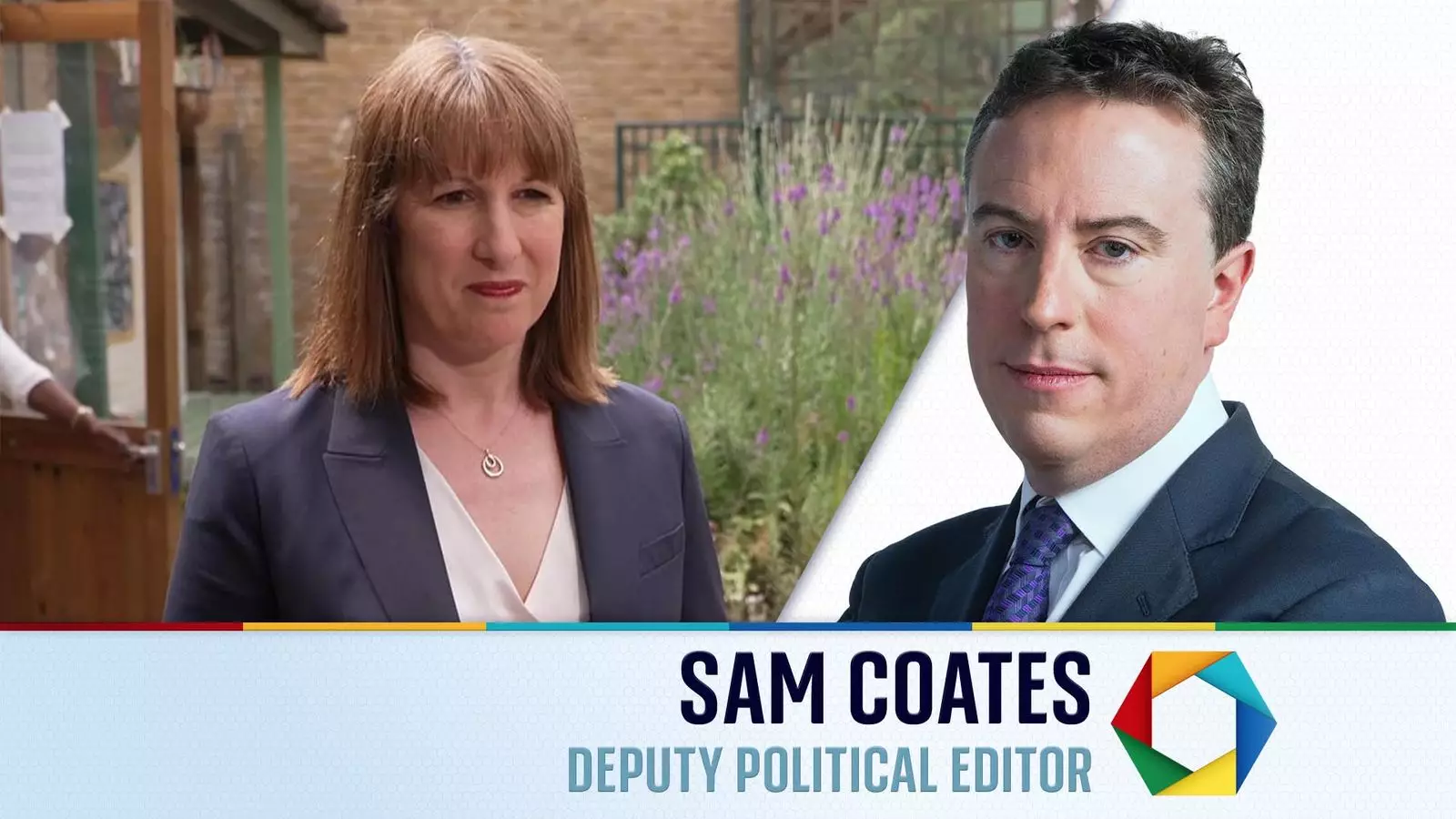Rachel Reeves’ latest maneuver regarding winter fuel payments has sparked controversial discussions that expose a complex web of incompetency in the Treasury. The financial implications of this scheme are murky, and for an individual portrayed as an “iron chancellor,” this lack of a well-structured funding plan is a significant blemish on her political reputation. The political wrangling surrounding taxation as a consequence of these ill-considered shifts poses a substantial threat to everything Reeves and her party claims to stand for. Are residents in this economy expected to hold their breath while the Labour Party engages in financial gymnastics? The answer, largely, is no.
A Mirage of Economic Improvement
The justification for the U-turn hinges on so-called improvements in economic conditions—a notion that simply does not hold water. The rise of inflation and relentless stagnation, underscored by an OBR report trimming growth predictions, shatters the illusion of a robust economy. As the OECD also follows suit in revising down UK forecasts, anyone paying attention must question the grounds on which such optimistic claims are built. To imply that interest rates are on a steady decline is disingenuous. The truth reveals a sluggish descent due to the government’s recent decisions, rather than a market-driven economic revival. Such optimistic proclamations only serve to mislead the public during a time when clarity is more crucial than ever.
The Unsettling Question of “What Next?”
With the recent announcement sparing winter fuel payments, one must ponder what shifts might follow. As conditions deteriorate for vulnerable citizens, it becomes imperative that the administration addresses issues like Personal Independent Payments (PIP) and the two-child benefit cap. Ignoring these topics could merely inflate public dissatisfaction, which could rebound upon Labour with significant repercussions. The disconnect between party factions further complicates the situation; tensions between the soft left and more fiscally conservative members signal an internal struggle that may pose a challenge as the government navigates increasingly turbulent waters.
The Politics of Division
In the shadow of this U-turn, the rift within the Parliamentary Labour Party grows more pronounced. Those MPs representing Tory-leaning constituencies feel increasingly anxious about maintaining credibility regarding public finances, fearing that these reckless decisions could tarnish Labour’s image as a financially responsible alternative. At a time when unity is paramount, political miscalculations threaten to exacerbate factional divides.
A Calculated Risk or a Dangerous Gamble?
The strategic calculus behind this sweeping change seems clear: the hope is that this drastic and visible U-turn could appease disenchanted pensioners, providing a short-term gain in votes while superficially alleviating anger. Yet such a gamble does not come without risk. The markets are vigilant, and they may not take kindly to policies perceived as capricious or financially irresponsible. In a political landscape already riddled with uncertainty, it appears alarmingly shortsighted to base decisions on transient voter sentiments, rather than sustainable economic reform. Labour’s choice to prioritize temporary relief over fiscal prudence may very well lead to deeper unrest—not just within their voter base, but across the entire socioeconomic spectrum.


Leave a Reply